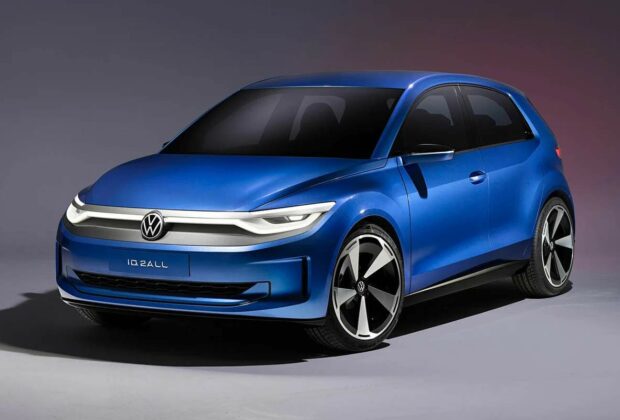Volkswagen AG reported that solid-state cell battery startup has produced encouraging results for EVs. This is a success for the German automaker as it works to reduce the cost and increase the efficiency of EVs.
In recent testing, a solid-state prototype from VW’s US partner QuantumScape Corp. “significantly exceeded” industry targets, the automaker said in a statement on Wednesday.
After more than 1,000 charging cycles, or the equivalent of 500,000 kilometres on the road, the cell had only 5% storage capacity loss during testing conducted over many months by VW’s battery unit PowerCo.
Industry goals for this development phase, according to VW, are 700 charging cycles and a maximum capacity loss of 20%.
According to reports, PowerCo CEO Frank Blome stated, “These are very encouraging results.”
“This research may ultimately lead to a battery cell with long range, extremely fast charging, and near-ageless performance.”
In order to launch the cell “as quickly as possible,” QuantumScape’s creator and CEO, Jagdeep Singh, stated.
However, increasing the output of automotive-grade batteries has proven difficult, which has caused the business to emphasise consumer electronics batteries more in their investor letters.
In an effort to power EVs more affordably and effectively, manufacturers of EVs and batteries are vying for market share with cutting-edge technologies like solid-state and sodium-ion batteries as well as next-generation anodes.
As for the solid-state battery business, Toyota has teamed up with the petrochemical and oil refiner Idemitsu Kosan Co. to start selling them as early as 2027. Meanwhile, the Chinese EV manufacturer BYD Co.’s subsidiary is constructing a sodium-ion battery plant in eastern China as part of a joint venture.
Solid-state batteries use a solid separator composed of ceramic, glass, or polymers in place of the traditional liquid electrolyte and separator, which are both flammable.
This discovery has the potential to make EV batteries safer, smaller, and faster to charge if it can be demonstrated to function outside of a lab and replicated hundreds of thousands of times in a factory.
The test was conducted at PowerCo labs in Germany, and the results were initially made public by QuantumScape in October during the company’s third-quarter earnings call.
Volkswagen is the company’s largest stakeholder and user, although the battery startup made no mention of this on the call.






